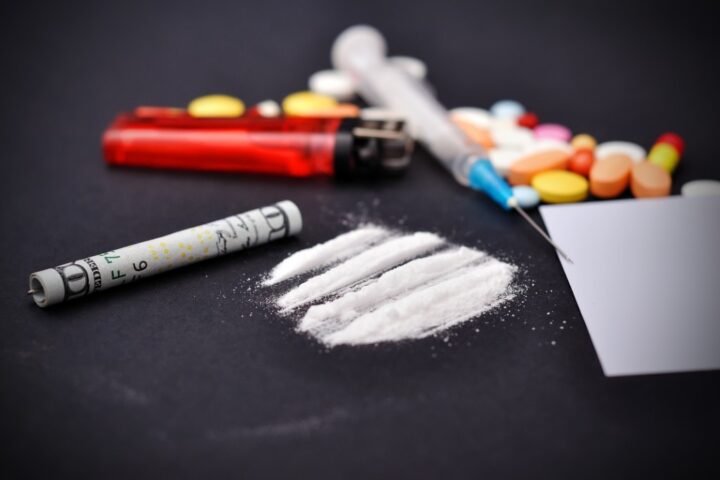Sexual abuse is any unwanted sexual activity, with perpetrators using force, making threats or taking advantage of victims in any way, so that they are not able to give consent.
Sexual abuse can lead to a number of serious psychiatric conditions in children and adults as they grapple with distressing emotions such as fear, helplessness, guilt, shame, responsibility, isolation, betrayal and anger. The pain of sexual abuse exceeds coping mechanisms to deal with the pain and the result can be severe depression, anxiety and suicidal ideation; not to mention the indelible scars it leaves on self-esteem and self-concept.
Flashbacks, panic attacks and trouble sleeping are common. On an interpersonal level, a person who has been sexually abused will struggle to maintain healthy relationships because their concept of intimacy has been disturbed. So what do you do if you suspect a case of abuse? The first legal and ethical obligation you have is to stop the abuse and then seek professional help. If you have been sexually abused there are ways to work through your wounds and begin a process of healing.



